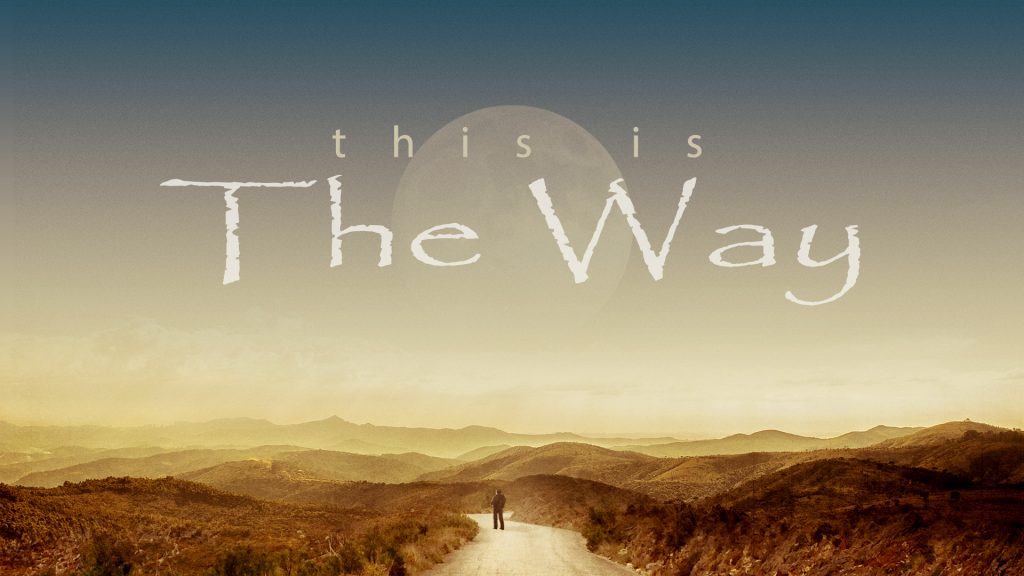Beth – Psalm 119:9-16
9 How can a young man keep his way pure? By guarding it according to your word.
Psalm 119:9–16 (ESV)
10 With my whole heart I seek you; let me not wander from your commandments!
11 I have stored up your word in my heart, that I might not sin against you.
12 Blessed are you, O LORD; teach me your statutes!
13 With my lips I declare all the rules of your mouth.
14 In the way of your testimonies I delight as much as in all riches.
15 I will meditate on your precepts and fix my eyes on your ways.
16 I will delight in your statutes; I will not forget your word.

Each line in this second stanza of Psalm 119 starts with the Hebrew letter “beth”, which means “house”. It has been suggested that these verses tell us how to make our heart a home for God’s Word.
The beginning of this passage starts with the question, “How can a young man keep his way pure?” This was no less a difficult question in ancient times as is it today. Young men/women have particular challenges in living a pure life as they make the transition into adulthood. The question, however, is not just applicable to young adults but to all adult believers but it is easier for us to understand thinking of the naiveté and innocence of youth encountering a sinful world.
Sadly some never have a concern for moral purity or righteousness. They subscribe to the motto, “If it feels good, do it.” However, most of us older folk remember the errors and regrets of our youth and would love to have a “re-do” and a chance to make a different choice.
God knows us, humans, really well. His answer to this question is different than worldly wisdom. He says, “if you are going to live for me, START NOW.” And preferably when you are young because He knows the toll that sin takes on the human heart and life. Here’s a list of just a few of the things that we struggle with:
- Physical and sexual maturity running ahead of moral and spiritual maturity.
- Addictions to substances that either numb the pain or enable us to cope with life, or things like pornography that excite, intoxicate and burn a connection of an experience with satisfaction in our brains.
- A culture that not only accepts lawlessness, perversion and lust but also promotes sinful activities.
- The means (money) that affords the opportunity to sin.
- Youthful energy, thinking you are impervious, thinking that you can handle it, lack of life experience and wisdom, and the desire to be independent.
- The desire to be accepted by others or to be controlled by what others think about you.
God wants to spare us the bondage and pain of sin. He understands the power of our brain chemistry to shape our desires and habits. Surrender to any temptation (the transfer from the realm of contemplation to a real experience), and that temptation instantly becomes much more difficult to resist in the future. Each successive experience of surrender builds a habit, reinforced not only spiritually, but also by brain chemistry. Such ingrained habits are more and more difficult to break the more they are experienced, and it is almost impossible to break such habits without replacing them with another habit. That is why the psalmist says that we must “guard” our way.
But how can we do that? And particularly how can a spiritually immature person do it? The psalmist suggests that the Word of God (vs 9 & 10) is the answer and that storing it up in our hearts helps leave little space for sin and corruption (v11). In v10 we are called to seek God with our “whole heart.” Since the fall of man in the garden, a righteous life does not happen naturally or accidentally. Just ask any parent of a two-year-old. The natural path of humanity is to impurity, self-satisfaction and destruction. We must be intentional and committed to seeking God and living in alignment with His Word. Tomorrow we’ll take a look at what that looks likes.
“With my whole heart I seek you; let me not wander from your commandments!
Psalm 119:10-11
I have stored up your word in my heart, that I might not sin against you.”
Here the psalmist not only asserts his dedication to God (with my whole heart) but also his dependence on God to help him actually do it (let me not wander from your commandments). We get the sense that the Scriptures are not just a written account to him. It was the way, the vehicle, by which the psalmist sought and met with God. We also see that he believed the way of purity is not to be found in self-reliance or self-righteousness. For him there is a distrust of self in the earnest seeking of God. We can also hear fear in the psalmist’s heart knowing that without God’s help he will fail and that it is only the Word of God stored up in his heart that will enable him to withstand temptation and turn away from sin.
Blessed are you, O LORD; teach me your statutes! With my lips I declare all the rules of your mouth. In the way of your testimonies I delight as much as in all riches. I will meditate on your precepts and fix my eyes on your ways. I will delight in your statutes; I will not forget your word.
Pslam 119:12-16
The remaining verses of the stanza are a prayer. After the psalmist declares that the way of purity is found in his reliance upon the Word of God, he senses that he is in constant need of God’s instruction. It isn’t enough just to hear or even know God’s Word, in this prayer he is asking for God to instruct him and committing himself to obey.
“I will meditate … and fix my eyes (contemplate)”, “I will delight… I will not forget Your word.” The greatness of God’s word has led the psalmist to the great resolution of a godly life – His life will be filled with God’s word, in his mind (meditate… contemplate), in his heart (delight), and in his habits (not forget).
I have stored up your word in my heart, that I might not sin against you. – This is The Way
Questions to Ponder
- How would you describe the psalmist’s relationship with God’s Word? How would you contrast your relationship with the Scriptures?
- How do the psalmist’s dependence and reliance on God’s Word inform and challenge you? How dependent are you upon the Word of God? When do you seek its wisdom, correction or help?
- If you were able to sit down one-on-one with the psalmist what experiences from your life and relationship with God would illustrate what the psalmist is talking about in this passage?
- Do you believe like the psalmist that the Word of God is the surest way to a pure and righteous life? If so, what are you doing about it?

0 Comments